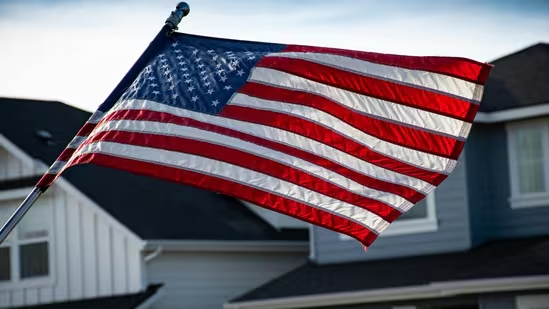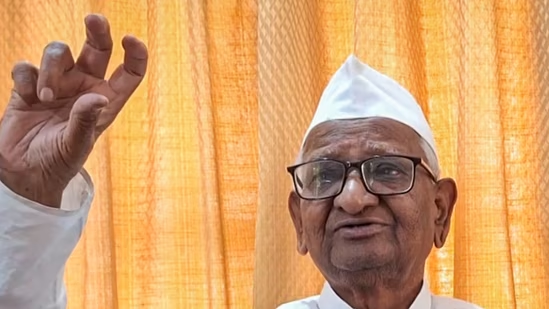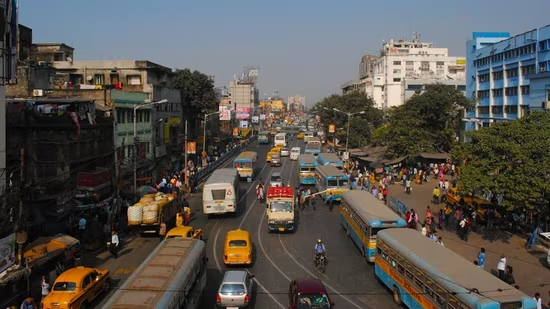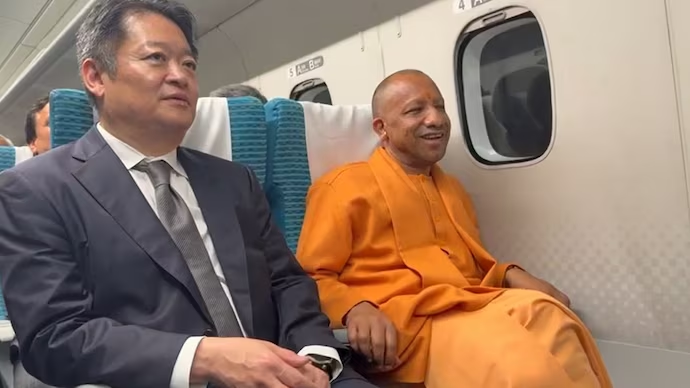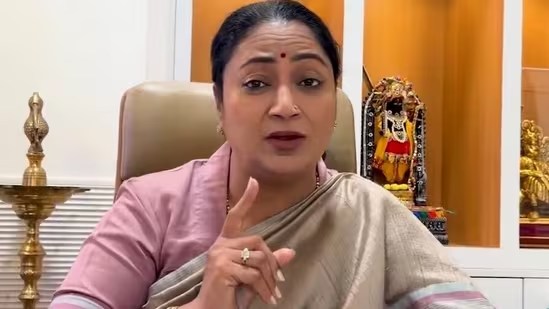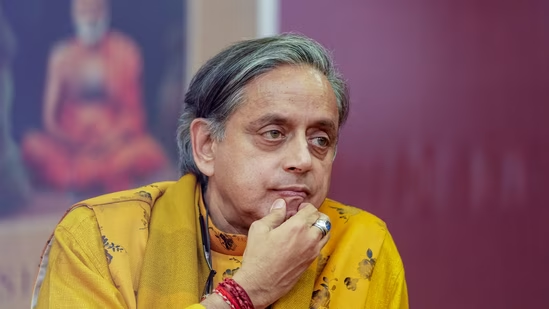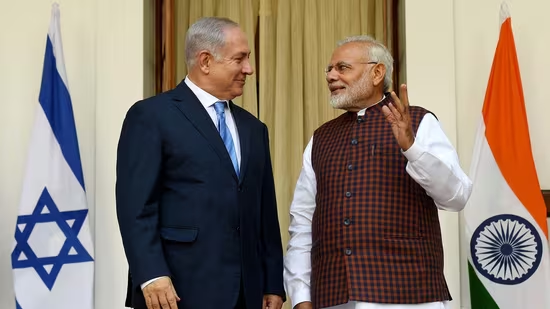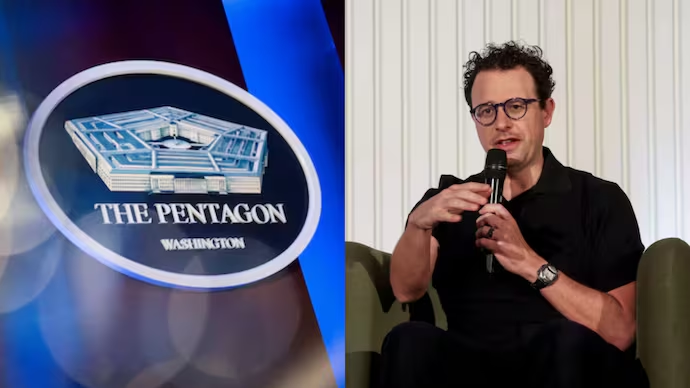A former Meta employee has sparked a fierce debate on H-1B visas after United States President Donald Trump announced a one-time fee of $100,000 for all new applications. Zach Wilson, now the founder of a San Francisco-based data analytics company, took to X to reflect on his time at Meta in 2017.
“When I worked at Meta in 2017, I was on a team of 17 people. Fifteen of the 17 were on H-1B visas. I was one of two Americans on the team. Just for core growth data engineering, that’s 1.5 million dollars in visa fees under the new rules,” Wilson wrote. He added, “If you’re an American looking to land a big tech role, now is your time because more than 80 percent of your competition literally just vanished overnight. Good luck.”
Check out the post here:
Internet reacts
His post has already amassed nearly one million views, with online discussions intensifying over the future of tech hiring in the United States.
Users rushed to comment on the implications. One user remarked, “This is the first real chance American graduates have had in years to compete fairly for these jobs.” Another wrote that the policy would “cripple innovation because most start-ups rely on immigrant talent.” A third user commented that “the move could lead to more outsourcing, as companies will simply relocate work abroad.”
Others expressed scepticism. “This feels like a political stunt more than an economic decision,” one user posted. Another replied, “I do not see this lasting beyond the next election cycle.” Some argued that it would benefit local workers, with one noting, “Finally a policy that puts Americans first in Silicon Valley.”
Clarification from White House
The announcement initially caused confusion after Commerce Secretary Howard Lutnick suggested the fee could become an annual charge, saying details were “still being considered.”
Later, the White House moved to clarify. Spokesperson Karoline Leavitt posted on X: “This is not an annual fee. It’s a one-time fee that applies only to the petition.” According to an official fact sheet, applications may be exempt from the $100,000 charge if deemed in the national interest.
